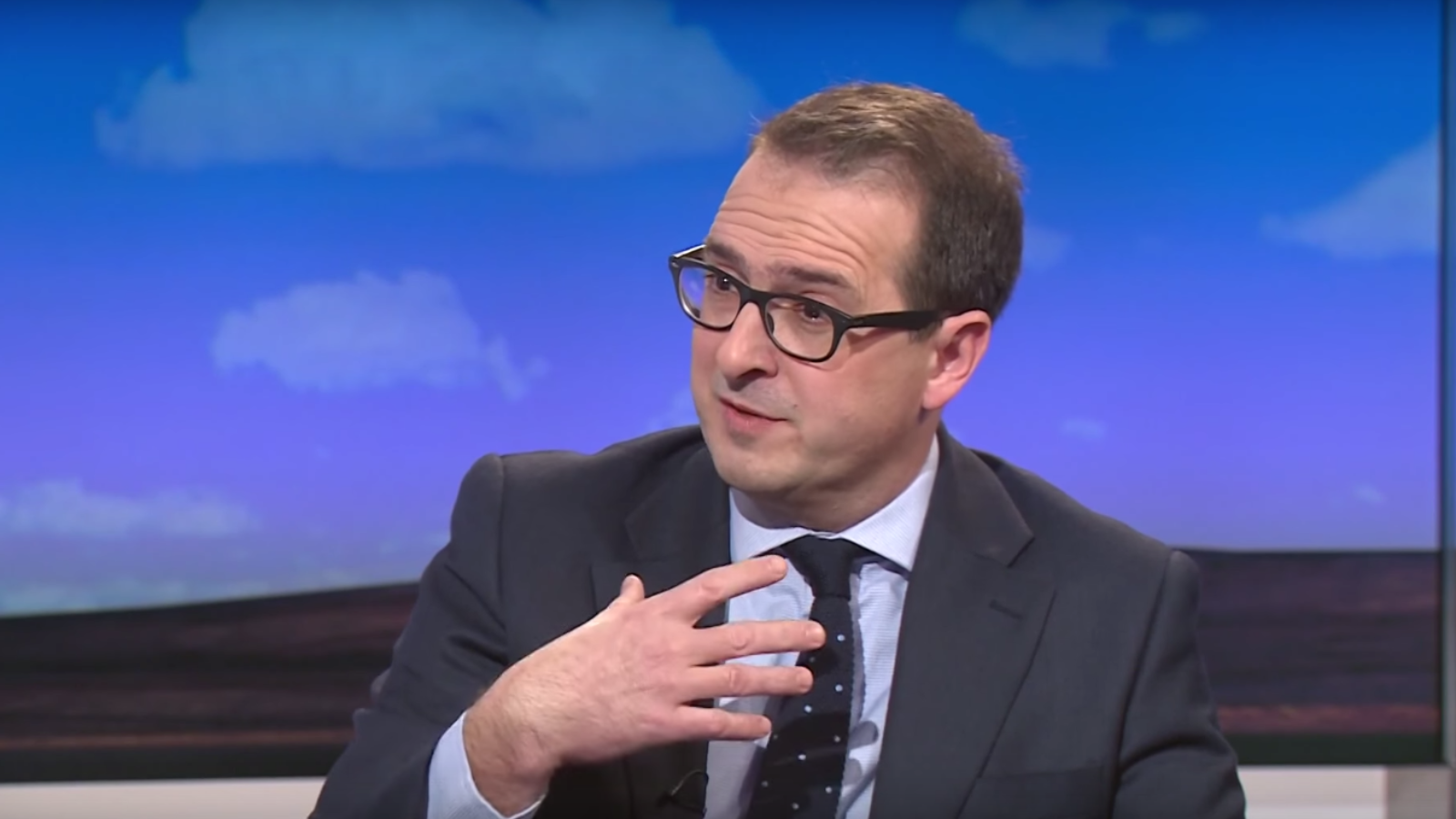Owen Smith


Owen Smith is a British politician who served as a Member of Parliament (MP) for Pontypridd from 2010 to 2017. He is known for his involvement in the Labour Party, where he held various prominent positions, including Shadow Secretary of State for Wales.
Early Political Career and Trade Union Work
Owen Smith’s political journey began early, marked by his active involvement in student politics during his time at the University of Oxford. He was elected president of the Oxford University Labour Club, demonstrating his early passion for Labour values and principles. This early experience provided a platform for him to hone his political skills and engage in public discourse.
After graduating, Smith transitioned into the world of trade unionism, working as a trade union official for the Transport and General Workers’ Union (TGWU). This experience immersed him in the realities of the working class and the challenges they faced, shaping his understanding of social justice and economic inequality. His time at the TGWU provided him with a deep understanding of labor issues and the importance of collective bargaining, experiences that would later inform his political career.
Owen Smith


Owen Smith’s decision to challenge Jeremy Corbyn for the leadership of the Labour Party in 2016 was driven by a combination of factors. Smith, a former shadow secretary of state for Wales, was critical of Corbyn’s leadership style and his perceived lack of electoral appeal. He believed that Corbyn’s policies were too radical and that he had failed to unite the party. Smith’s decision was also influenced by the outcome of the Brexit referendum, in which the UK voted to leave the European Union. Smith believed that Labour needed a new leader to provide strong and decisive leadership in the face of this challenge.
Owen Smith’s Campaign Platform
Smith’s campaign platform focused on a number of key policy proposals, including:
- A commitment to remaining in the single market and the customs union, arguing that this would be the best way to protect jobs and businesses in the UK.
- A pledge to invest heavily in public services, including the NHS, education, and social care.
- A promise to raise taxes on the wealthy and corporations in order to fund these investments.
- A commitment to tackling inequality and poverty.
Smith’s vision for the party’s future was one of a more moderate and pragmatic Labour Party that was better positioned to win elections. He argued that the party needed to focus on winning back voters in the “red wall” seats in England, which had traditionally been Labour strongholds but had been lost to the Conservatives in recent years.
Comparison of Leadership Styles
Owen Smith’s leadership style was seen as more traditional and more in line with the Labour Party’s history. He was a more experienced politician than Corbyn and had a stronger track record in government. Smith was also seen as being more willing to compromise and negotiate, while Corbyn was seen as being more ideologically driven.
Owen Smith: Legacy and Impact

Owen Smith’s leadership challenge to Jeremy Corbyn in 2016 was a significant moment in the history of the Labour Party. While ultimately unsuccessful, the challenge exposed deep divisions within the party and led to a period of intense debate about its direction. This period of introspection and change continues to influence the Labour Party today.
Impact on Party Unity and Policy Direction
Owen Smith’s challenge to Jeremy Corbyn was driven by a desire to move the Labour Party to the center ground of British politics. Smith argued that Corbyn’s policies were too radical and that they alienated voters in the center. He also criticized Corbyn’s leadership style, arguing that it was too divisive and that it had failed to unite the party.
The challenge had a profound impact on the Labour Party, both in terms of its unity and its policy direction. While the challenge failed to unseat Corbyn, it did succeed in highlighting the deep divisions within the party. The divisions were particularly evident on issues such as Brexit, the economy, and the role of the state.
Smith’s challenge also had a significant impact on the Labour Party’s policy direction. While Corbyn’s leadership has been marked by a commitment to left-wing policies, Smith’s challenge forced the party to confront the question of whether these policies were electorally viable. The challenge also led to a debate about the party’s relationship with the trade unions, with Smith arguing that the party needed to be more independent of the unions.
Post-Leadership Activities
Following his defeat in the leadership contest, Owen Smith remained a prominent figure in the Labour Party. He continued to be a vocal critic of Jeremy Corbyn’s leadership, arguing that he was not the right person to lead the party to victory in a general election. He also continued to advocate for a more centrist approach to politics.
Smith was elected as the Shadow Secretary of State for International Trade in 2017. He held this position until 2020, when he was defeated in the general election. Since then, he has continued to be involved in politics, writing and speaking on a range of issues. He has also become a vocal critic of the government’s handling of the COVID-19 pandemic.
Legacy, Owen smith
Owen Smith’s legacy is likely to be debated for many years to come. His supporters argue that he was a principled and courageous politician who was willing to stand up for what he believed in. They also point to his contributions to the Labour Party, including his work on international trade and his commitment to social justice.
His critics argue that he was a divisive figure who did more to harm the Labour Party than to help it. They point to his role in the leadership challenge, which they argue further weakened the party. They also criticize his centrist politics, arguing that they were out of touch with the needs of ordinary people.
It is too early to say what Owen Smith’s ultimate legacy will be. However, his challenge to Jeremy Corbyn was a significant moment in the history of the Labour Party, and it is likely to have a lasting impact on the party’s direction.
